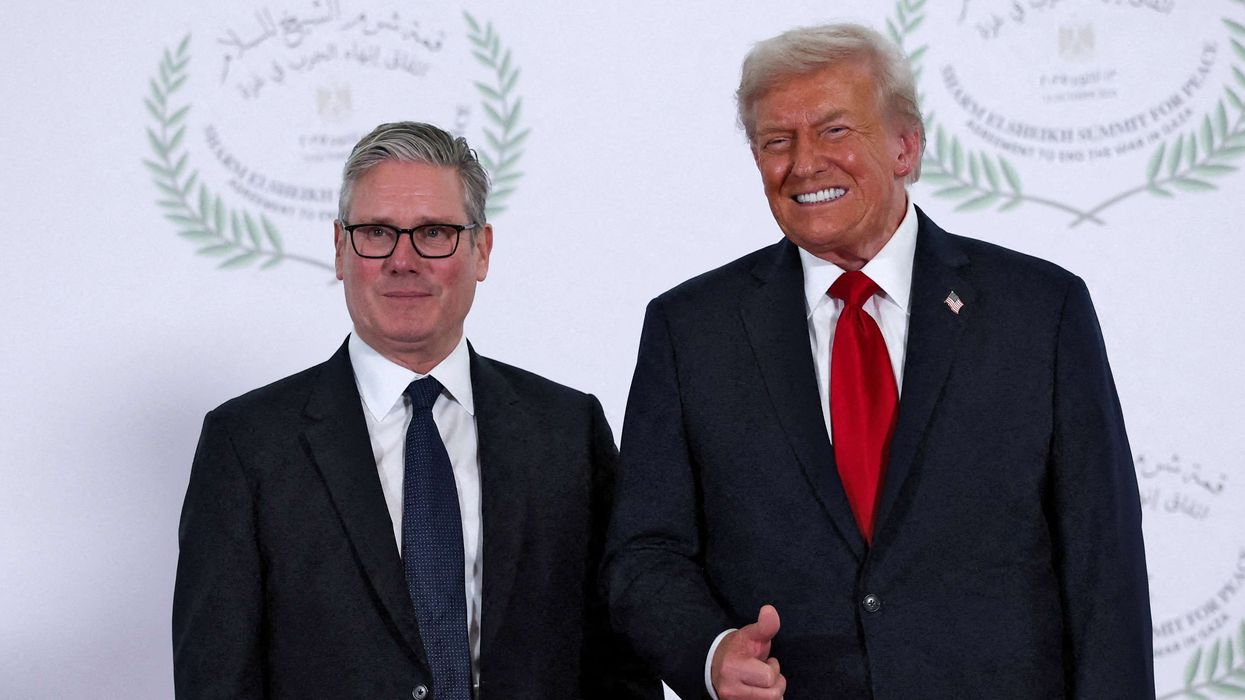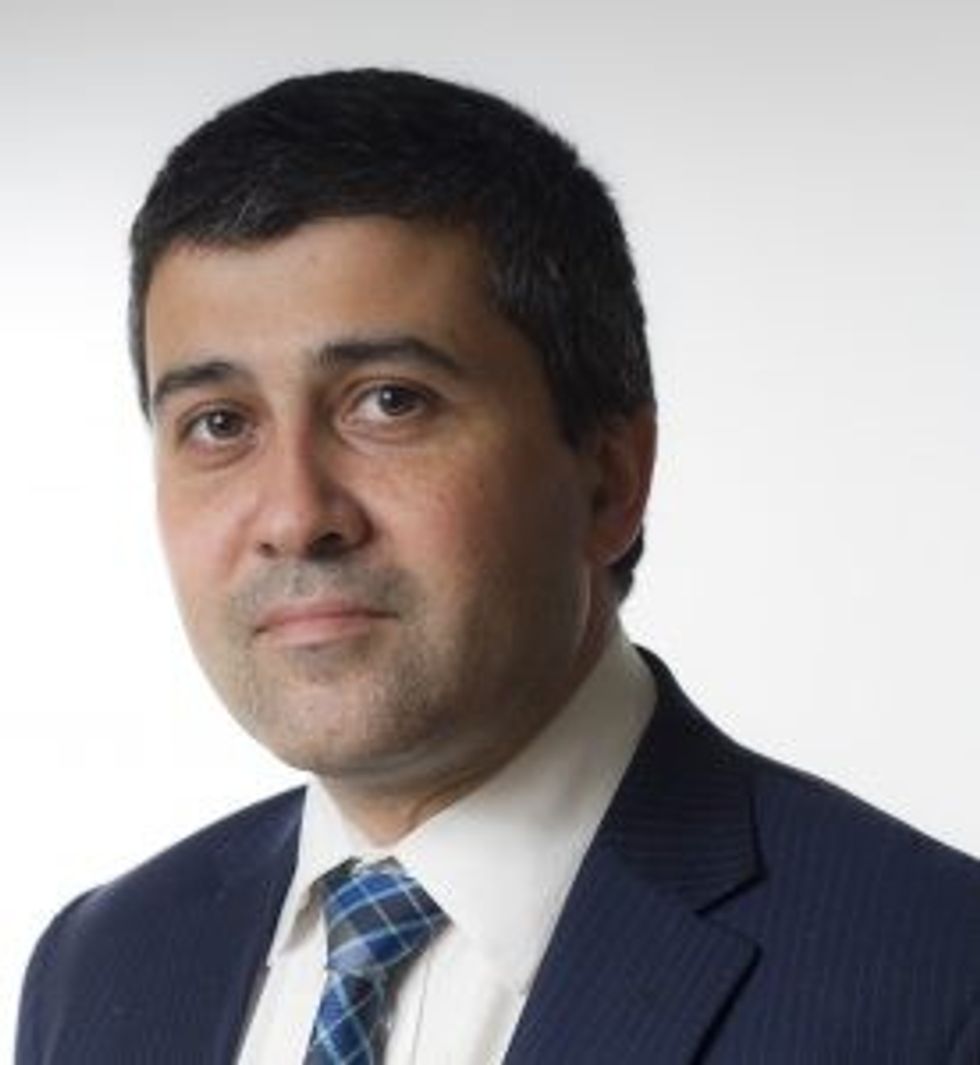By Dinesh Sharma
FOREIGN students from India who have enrolled in US universities face an uncertain future, as most are stuck in the subcontinent which is battling a deadly second wave of the pandemic, and where a shortage of vaccines has made returning to America a challenge.
The US State Department has banned travel to and from India, with some exemptions, such as US citizens, non-resident Indians (NRIs), and international students, because of the high number of infections.
Most US universities have asked that students be vaccinated before they start in fall (September) later this year.
Ruhi Jha, a student at UC Berkeley, is originally from New Delhi. Her family contracted Covid, but they survived the ordeal while all around them infections surged. She described her feeling of social isolation because of the time difference, meaning it was midnight when she attended classes virtually from home. She is now grappling with getting a visa and travelling back to campus. Can she get a vaccine and make it back for the start of fall classes?
The world’s largest manufacturer of global vaccines, the Serum Institute of India (SII) – a family-owned business started by Cyrus Poonawalla in 1966 and now managed by his son Adar Poonawalla – is running short on vaccine supplies due to a rise in local variants in India – making it hard for Indians to get vaccinated.
There were as many as 75,000 students in the US during the first wave in March- April 2020, according to data from the North American Association of Indian Students (NAAIS). Some of them were made homeless and unable to afford food.
“What happened when Covid-19 hit is that universities shut down, and they asked people to leave all of a sudden. The entire hospitality industry (hotels, restaurants) shut down,” Sudhanshu Kaushik, executive director of NAAIS, said.
He has argued that host countries should provide safety nets for students away from home, who have no family, friends or resources available to them during a global health crisis.
There were approximately 250,000 students who travelled from India to the US for education in previous years. The number of students from India has dropped from six per cent previously to four per cent. Indian students (202,014 in 2019 and 193,124 in 2020) are undergraduates, graduates, or opt for Optional Practical Training (OPT), and non-degree programs in the US.
Among the most popular choices for Indian students are New York University, Northeastern, University of Southern California, Columbia, University of Illinois- Champagne, Arizona State University-Tempe, University of California Los Angeles, University of California San Diego, Purdue, and Boston University.
Global trends indicate a slight drop (1.8 per cent) in the number of international students in the US in 2020. Foreign students brought in $44 billion (£31bn) to the US economy, with Indian students contributing $7.7bn (£5.4bn).
In 2015-16, India was sending close to 300,000 students, a figure that has dropped in recent years. The fields in STEM disciplines (Science, Technology, Engineering and Math) are the most popular, and include computer science, engineering and AI.
The New York Times reported last week that all the college and university presidents mandating vaccinations for returning students are in states carried by US president Joe Biden in the 2020 elections. Inside Higher Education, a leading publication, is carrying live updates as the story continues to evolve, to keep students up to date.
India is second only to China when it comes to foreign students in the US. Both countries account for 53 per cent of students vying for top spots at American colleges.
Even before the Covid pandemic, partly because of former US president Donald Trump’s rhetoric on immigration and the trade wars, there was a drop in enrolment from India and China. While Covid threatened that cultural exchange, the flow of students shows no signs of abating.
“Fortunately, of the thousands of participants from across the globe in the US during the time of Covid-19, the vast majority have been able to continue training remotely, or despite travel complications, have been able to return to their home country,” said Elizabeth Kumbhari, who manages Cultural Vistas, a non-profit educational exchange program.
Most colleges and businesses are looking to open in the summer and fall this year. International students who cannot travel to the US can claim a partial refund, depending on the school’s policies, or they can defer admission for a year and stay in India. Most advanced colleges and universities have now become virtual, with capabilities of managing a full school year online.
More than 400 US colleges have announced vaccination as a mandatory requirement to attend. Students travelling from India would have to be vaccinated to enter the US. Rutgers, Brown, Cornell and Northeastern told students they would have to be fully vaccinated before returning to campus. Some colleges are making plans to ensure the foreign students are vaccinated.
Yutika Khemka, an incoming UC Irvine student from Kolkata, told a local newspaper she would take whichever vaccine was available to her. The idea of flying halfway across the world unvaccinated carries a huge risk, she admitted. “I don’t think we are in a position to choose,” she said.
But when she arrives in the US, an approved vaccination would be administered (Pfizer, Moderna or the Johnson & Johnson).
Dakssh Saraf, an Associated Students international senator, said: “There is a need for everyone to realise that lots of international students might not be able to return to the US in time for school. To create that remote learning for these students is essential for the continuation of education.”
Another international student said, “I wish to have remote learning in the fall. I developed some serious mental problems during the pandemic and I always felt lonely. The contract for my housing in San Diego will end in July. Having the remote learning option will also save me from finding new housing.”
The World Health Organization has not released any data on the revaccination of international student travellers. But colleges in the US are not taking any chances. For example, University of California colleges require students to be revaccinated.
The same policy would apply to anyone arriving without a vaccine, including American students whose parents didn’t believe in vaccines or didn’t have access to one. International students will also be vaccinated.
The point is to create a ‘herd immunity’ on campus – by vaccinating as many students as possible, the US can “tame the virus”, as per the CDC’s (Centers for Disease Control and Prevention) guidelines.
Outbreaks can happen anywhere to anyone, according to a health officer at one of the elite colleges. They cautioned that associating a disease with a group of people “is not only it discriminatory, but it’s also bad public health.”
The fall term is several months away, and it is hoped that more vaccines will be approved by then. If students still arrive without vaccines or get ones not recognised by America, US colleges will most likely provide them.
However, students who are not able to travel, and opt to log-in through distance education will have to adjust to remote learning. We know students are malleable and can adapt to anything as long as the change is not too abrupt or too fast.
We have observed students, while working with virtual instruction, for more than a year. Technology is a great enabler and can help them transition through social and cultural change, even in a health emergency, especially during a global pandemic.












